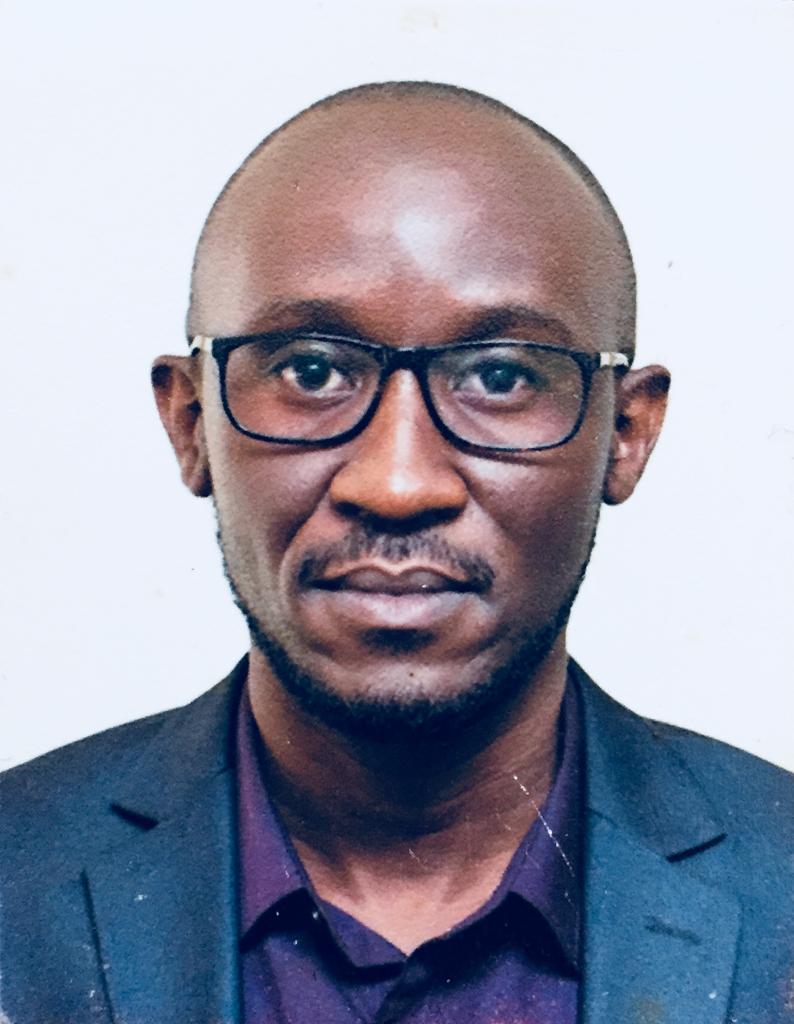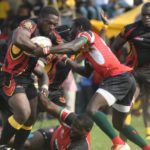By Kaboggoza Kibudde
I recently watched a YouTube clip of Andrew Mwenda commenting on an opinion poll about Ugandan politics. First, Mwenda agreed with the poll results, which placed Museveni’s support under 40 per cent. He argued that Museveni merely wins elections because of low voter turnout. He then praised Bobi-Wine’s strategy, specifically, his “Get your National ID” campaign, which aims to increase voter turnout. Despite this, numerous Bobi-Wine supporters insulted, dehumanized, and threatened Mwenda with exile or death.
Mwenda is not alone. Political discourse in Uganda is becoming more uncivil, yet, a society of people with differing views only remains stable when we keep our worst tendencies at bay. In neighboring Rwanda, ordinary Hutus turned on their Tutsi brothers and sisters and slaughtered them, culminating in close to one million deaths within 100 days. However, like in other genocides, most perpetrators were not inherently evil people; they were everyday citizens just like ordinary Ugandans. So how did they get there?
Genocides occur gradually in four phases, which often coincide albeit in varying degrees. (1) Dichotomy: society splits along genetic (e.g., race) or ideological lines (e.g., religion or politics) into two groups: an in-group (us) and an out-group (them). (2) Vilification: the in-group spuriously blames the out-group for the ‘terrible state of society.’ On top of that, the former characterizes the out-group as inferior in some fundamental aspect. After a while, the in-group starts to view and treat the out-group as less human, in many cases, referring to the latter as some obnoxious animal (e.g., cockroaches, rats, snakes). If unchecked, this public expression of disdain towards the out-group becomes acceptable in mainstream culture. (3) Organization: the in-group is organized around a cause of ‘us’ against ‘them.’ (4) Extermination: finally, the in-group eliminates the out-group to solve the problem once and for all. What is frightening about this process is that it gets to a point where it proceeds on its own, and not even the heads of the in-group can stop it.
Previously, Uganda was hard to split into two groups due to her numerous tribes intertwined with several populous religions. However, a dichotomy is increasingly emerging along political lines. Extremists in the opposition have portrayed the NRM camp as the cause of Uganda’s ‘plight’ and the ‘enemy of the people.’ On social media, declaring support for the NRM is met with insults and ridicule forcing many NRM supporters to live closeted lives.
Dehumanization of NRM supporters is also ongoing. Radical elements in the opposition continue to characterize NRM supporters/sympathizers as inherently inferior; if they are not blind or heartless, they are stupid, or they were bribed (therefore, morally inferior). They summarily dismiss arguments raised by NRM-leaning persons with phrases such as “You are saying that because they paid you.” In so doing, the opposition unwittingly rallies people to hate the other group primarily because of their views. At the same time, the opposition believes that they are more moral, intelligent, and patriotic than their NRM counterparts, albeit without empirical evidence.
What is more worrying, however, is the increased tolerance towards the public expression of hatred towards NRM supporters, on and off social media. For example, one can now deny NRM MPs a right to speak at social functions without repercussion. Similarly, opposition-leaning supporters hurled chairs and urine-filled glass bottles at Bebe-Cool, an NRM-leaning artist, subsequently forcing him off the stage. Alarmingly, few people condemn this incivility.
If rational people (who constitute the majority on both sides of the political divide) sit back and allow this toxic mindset to take root in Uganda, extreme acts of evil will ensue as they did in Germany and Rwanda. The government must step in and enforce civility both in social and political spheres. One way of achieving this in political discourse is through the regulation of mass media (Subsequent papers will discuss more approaches).
In Uganda, media outlets are free to champion specific religions or ethnicities if they declare their biases. If an outlet identifies as neutral, it cannot advance a specific religious or ethnic sentiment as the incontrovertible truth. UCC should approach political discourse in the same way. Media outlets should declare their biases and be allowed to promote their preferred political agenda freely. Outlets that identify as neutral should desist from presenting specific political views as unequivocal. In other words, they should separate facts from opinion. The current propagation of specific political propaganda under the guise of neutrality is dangerous and must stop.
In conclusion, we should remain civil during disagreements, which are inevitable in society because millions of people cannot agree on everything. Secondly, moderates should stand-up to extremism because a small group of extremists can plunge society into chaos. Finally, UCC should enforce civility and enhance objectivity in mass-communication without infringing on freedom of the press.
The writer is a Clinical Pharmacologist and Social Commentator







